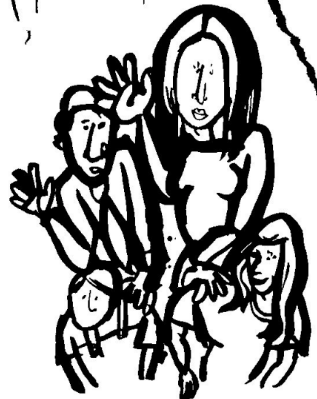Since the 1960s, parenting has exploded as a field of study, as a glance at the relevant section of any bookstore will reveal. It isn’t just of concern to child psychologists and educational theorists, but to parents themselves, for whom experts and theories have increasingly replaced the once-close network of family and community support. Today’s parents aren’t merely tasked with feeding their children and imparting basic manners; instead, they must navigate and select from a bewildering array of styles, including “free-range,” “authoritative,” “tiger,” “peaceful,” “respectful,” and “gentle” parenting. For each of these styles, books, websites, and online influencers offer detailed guidance on any conceivable situation a parent might face.
A host of factors, including smaller family sizes, the void left by eroding religious and cultural norms, the decline of multigenerational households, and an increase in leisure time have contributed to this diversification. Parents who might have once turned to their own parents and other older relatives for guidance now rely on theories that often draw from far-removed anthropological observations, scientific studies, and psychological theories.
Many practices that were the norm as recently as 30 years ago, such as physical punishment, are now rejected as harmful. Parenting seems increasingly detached not only from the recent past, but even the contemporary social context. For example, two trendy styles, “attachment” and “gentle” parenting, derive their approaches from hunter-gatherer societies, the conditions of which bear little resemblance to those that have prevailed across much of the world for millennia.
This dislodging of parenting from the broader social context in which it occurs is the latest symptom of a modern paradigm shift. Throughout most of human history, the rearing of children was subservient to the needs and aims of the social unit; a well-raised child was one who contributed to the collective. Parenting was part and parcel of the regulation of behavior.
